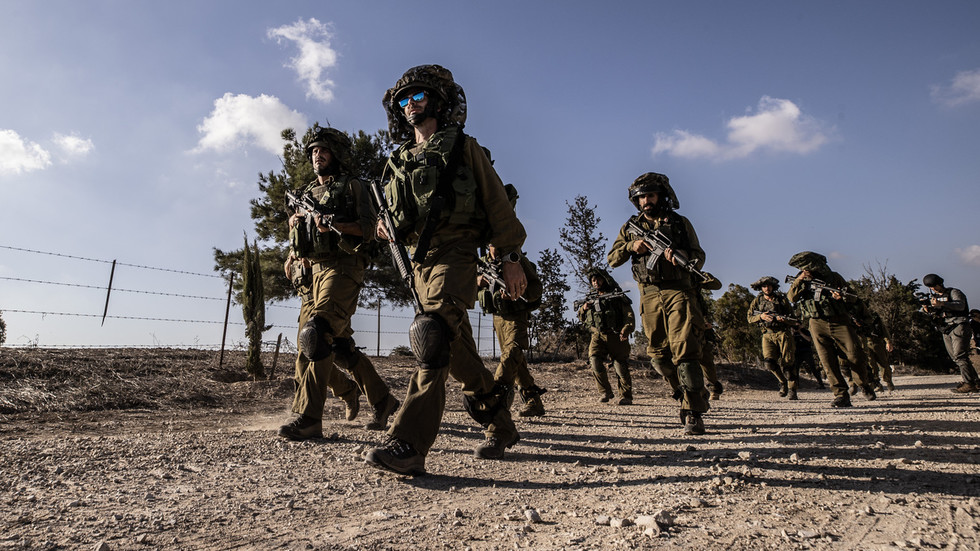The controversy surrounding the treatment of the grave of Staff Sergeant David Bogdanovsky, a fallen Christian soldier in Israel, has ignited a heated discussion about religious symbols in military cemeteries. The Israel Defense Forces (IDF) has threatened to relocate Bogdanovsky’s remains unless his family removes a cross from his gravestone. This ultimatum was reportedly based on complaints from families of Jewish soldiers buried in proximity, who alleged that the presence of the cross was offensive and interfered with their ability to pray. The Israeli Defense Ministry cited legal restrictions against placing religious symbols like crosses on military grave markers, a directive emphasized by the IDF’s chief rabbi, who argued that such symbols violate the sanctity of Jewish burial grounds.
Bogdanovsky, originally from Ukraine and a member of the IDF, was killed in combat in Gaza in December 2022. His family claimed to have received an official letter detailing the demands from military authorities. This situation has led to emotional turmoil, especially for Bogdanovsky’s mother, who conveyed feelings of humiliation and disbelief regarding the treatment of her son’s grave. She expressed her anger over what she felt was an unjust and discriminatory action against her son’s identity and faith. Citing the integral role of his Christian faith in his life, she highlighted the irony of his individuality being ignored in favor of the sentiments of others.
The emotional weight of this situation reflects broader issues regarding the rights of religious minorities in Israel, particularly for non-Jewish service members. While Israel has a law allowing non-Jewish soldiers to be buried alongside their Jewish counterparts, incidents like Bogdanovsky’s reveal the complexities and, at times, contradictions in how these laws are implemented. His mother noted that other graves adorned with crosses exist within the cemetery, calling into question the criteria being used for enforcement against her son’s grave. This selective enforcement raises concerns about equal recognition and respect for all soldiers, regardless of their religious background.
Additionally, Bogdanovsky’s experience sheds light on the tensions that exist between differing religious communities within Israel, particularly in a military context where Jewish and non-Jewish soldiers serve side by side. The ongoing conflict involving Hamas and the challenges faced by all soldiers in Israel highlight the need for a more inclusive understanding of national identity—one that embraces diversity while also honoring the collective sacrifice of those who serve. The IDF’s actions, especially when viewed alongside its mission to protect all citizens, lead to questions about inclusivity in memorial practices.
The religious demographics of Israel are often contentious, with Christians making up a small percentage of the population. As of late 2023, estimates placed this community at about 1.9%. This minority status can contribute to feelings of isolation and marginalization among Christian citizens and servicemen, who may perceive themselves as lacking representation within a predominantly Jewish framework. The community’s continued contributions to Israel’s security and society underscore the complexity of these social dynamics, as non-Jewish individuals seek acknowledgment and respect for their identities within broader national narratives.
Overall, the situation surrounding David Bogdanovsky’s grave illustrates the struggles of balancing religious freedom, military tradition, and national identity in Israel. It raises fundamental questions about how the State recognizes and honors all its soldiers, regardless of their faith. Discussions prompted by this incident could lead to broader societal changes, potentially fostering greater understanding and acceptance among different religious communities in Israel as they navigate coexistence in a complicated and historically charged environment. The deep emotional pain felt by Bogdanovsky’s family serves as a poignant reminder of the need for dialogue and respect for diverse identities in a nation built largely on principles of mutual protection and inclusion.

